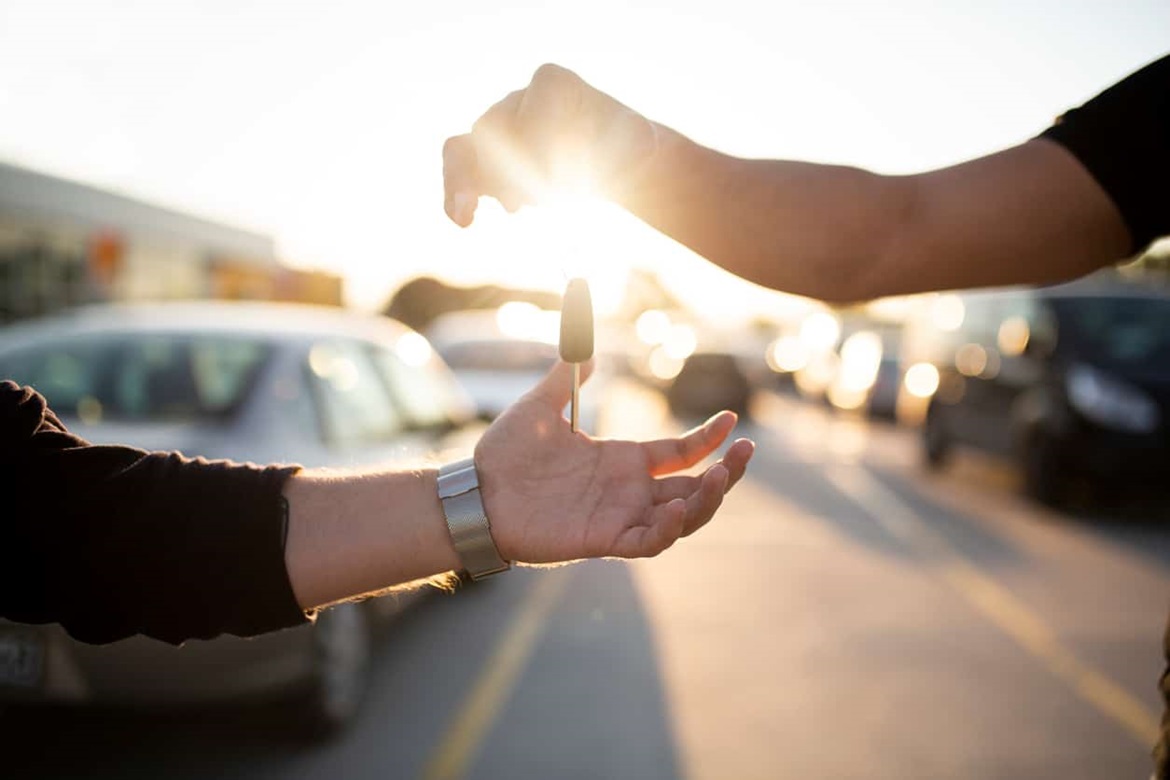What is GAP Insurance?

GAP insurance isn’t compulsory, but it could save you a lot of money and stress if you damage your car beyond repair.
On average, a brand new vehicle loses 40% in the first year which is, of course, why so many people choose to lease rather than buy. So if you have an accident that sees your car written off, or it gets stolen, your car insurance company will pay you what they say it’s worth at the time of the incident, not what it was worth originally.
Depreciation is affected by several factors ranging from model, mileage, age and condition of any vehicle. This natural drop in value combined with a difference between what your lease company and your insurer values your car at can create a significant “gap” between what pay out you’ll get compensation wise versus what you’ll have left to pay for the car you no longer have (phew!). However, enter stage left GAP insurance and now that difference in value is covered, hence the creative name.
Well, ok, it’s actually called Guaranteed Asset Protection insurance, but you get the gist.
When can GAP insurance be useful?
Here are some examples of when GAP Insurance comes into its own:
- You’re paying your lease monthly and then the car gets totalled. Without GAP insurance, your insurer could pay out less than you owe depending on what they value the car at. Now you don’t have the car but you still have to make the monthly lease payments, which is more than your insurance company paid you for the car.
- If you’re on the road a lot and your annual mileage tops the national average of 10,000 then you could also feel the benefits of GAP insurance. Your lease payments will be higher if you travel more miles to cover the extra wear on the car. If the car is totalled, you’re effectively paying for those miles even though you don’t have a car to drive.
However, GAP insurance isn’t for everyone.
When GAP insurance might not be for you
Just like with any kind of insurance, you’re paying money to protect yourself financially from an event that might never happen.
GAP insurance is entirely optional, so you'll need to weigh up whether the cost is worth it for you. All insurance policies differ and if you're happy with the fine print on your policy, then you may decide you don't need GAP insurance.

GAP insurance? Ultimately it’s your call
It’s always worth checking both your car insurance and the terms of the GAP insurance carefully to make sure both will work the way you’re expecting. This way, you understand what’ll happen if the unthinkable really does happen to your lease car.
GAP insurance comes down to personal preference. If you’re happy that you could afford to risk possibly having to pay a load of money to make up the difference if the car gets totalled or written off, then GAP insurance probably isn’t for you.
If you’d rather have peace of mind that, if disaster strikes, you won’t be left with an unexpected bill to pay, then you might well decide that this is something you need.
So, there you have it, a handy guide to GAP insurance. Want to know anything else about insuring a lease car? Head to our FAQ page or give us a call.
Posted on: 30th July 2020



